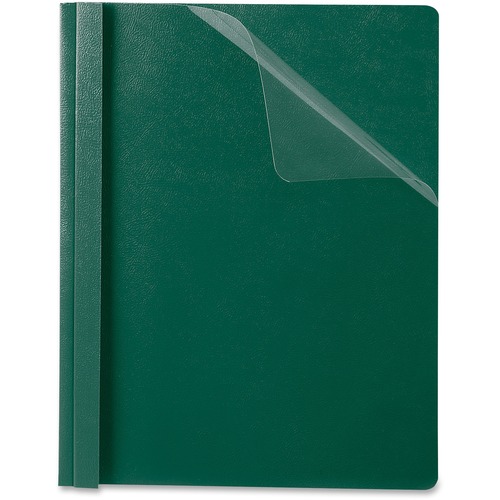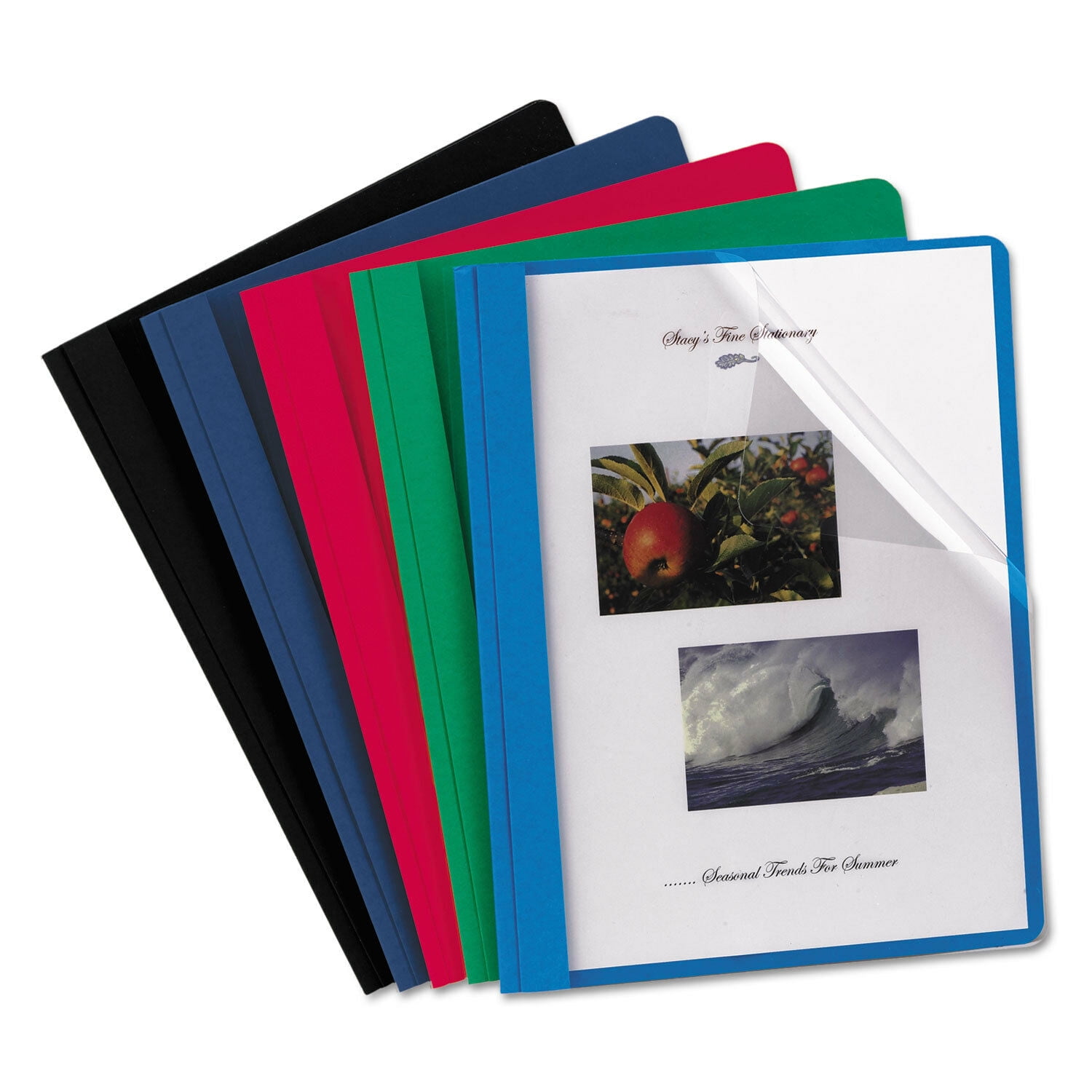

Herein, we show that the Differential Centrifugal Sedimentation can be utilised as a high-precision tool for the reliable characterisation of functional nanoparticles of different materials. There is a clear need for the development of new reliable characterisation approaches for the physico-chemical characterisation of nanoparticles with significant accuracy, particularly for the analysis of the particles in the presence of complex biological fluids. In many cases, their characterisation remains a big challenge, particularly for small-sized functional nanoparticles of 5 nm diameter or smaller, where current particle sizing techniques struggle to provide the required sensitivity and accuracy. This name change was approved at an AGM on October 24 th 2017 as a fitting name for the organisation representing the needs of patients living with rare diseases in Ireland.Advances in nanofabrication methods have enabled the tailoring of new strategies towards the controlled production of nanoparticles with attractive applications in healthcare. On February 28 th 2018, Rare Disease Day, GRDO officially relaunched as Rare Disease Ireland – RDI. The development of the annual International Rare Disease Day.Promotion of National Plans and Strategies on Rare Diseases in EU Member States and beyond, resulting in the publication of Ireland’s National Plan for Rare Diseases: 2014-2018.The promotion and maintenance of rare diseases as an EU Public Health Policy priority and an EU Research Framework Programme priority.Adoption of the EU Directive on Patients’ Right to Cross-Border Healthcare in 2011.Adoption of the EU Council Recommendation on European Action for Rare Diseases in 2009.Adoption of the EU Commission Communication on Rare Diseases in 2008.

Adoption of the EU Regulation on Orphan Medicinal Products in 1999.Since joining EURORDIS in 1997, RDI has played an active role in advocating for key European policy achievements that have improved the lives of those affected by rare diseases in Ireland and across Europe. RDI was one of the first members of EURORIDS. In 1997 the individual European rare disease organisations came together with the national rare disease umbrella groups to establish EURORDIS – Rare Diseases Europe. This was facilitated primarily through European disease specific groups. We must remember that each individual rare disease patient community, widely dispersed and relatively small in number, had to strive to come together to advocate for their needs. The voluntary group also acted as a watchdog against the practice of genetic discrimination and was an active voice in the development of policy to meet the needs of the rare disease community on issues concerning, access to a diagnosis and the appropriate medical and social care.Ĭhanging its name to GRDO – the Genetic & Rare Disorders Organisation it successfully advocated on issues affecting the rare disease patient community, providing advocacy for fair and enlightened public policies education for patients, their families, medical professionals and the public and leadership and representation for its member patient organizations. The organisation was established by patients and volunteers in 1988 as the Inherited Disorders Organisation (IDO) in order to advocate in the first instance for the establishment of a national center for medical genetics, which opened at Our Lady’s Children’s Hospital Crumlin in 1994.

Rare Diseases Ireland (RDI) is the National Alliance for Rare Diseases in Ireland and its objective is to represent the voice of those who have or are at risk of developing a rare disease. Rare Diseases Ireland: Building on a 30 year past to create a better future


 0 kommentar(er)
0 kommentar(er)
